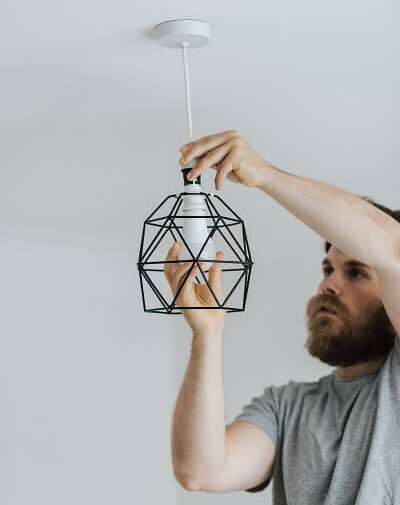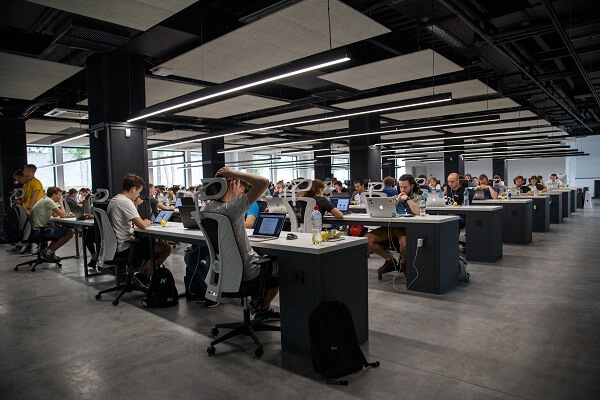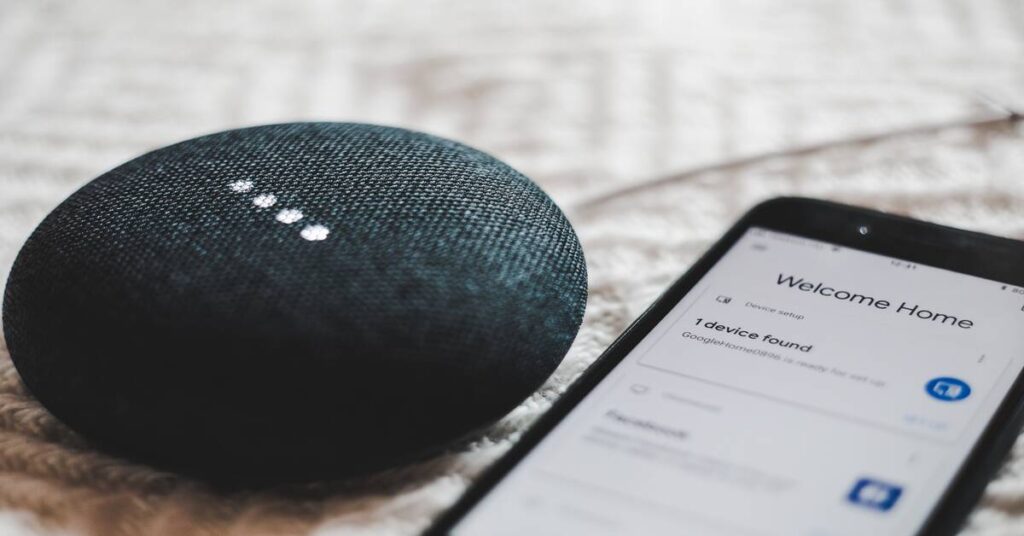Installation of home automation equipment continues to grow in popularity as top brands have started to invest in the smart technology. With growing technologies like Artificial Intelligence and Machine Learning, smart devices have started understanding us well enough. Helping us with simple to sophisticated tasks depending on the embedded technologies, our world has changed for the better!
To achieve transformation of your home into a smart home, you can certainly do it yourself, or avail the services of a professional end to end service provider. Both have their own advantages but it is totally up to you to choose what works best for you.

Know the difference
In general, professional systems offer larger, predefined kits to start with, and require professional installation. Some also involve contracts or longer-term payment plans. If finding deals and fiddling with your own monitoring system isn’t your cup of tea, professional systems offer much painless integrations.

DIY (Do It Yourself) services, on the other hand, generally allow for some customization, both in hardware and monitoring subscription options. You can often customize and install your own system if you have some prior knowledge in this domain or are genuinely interested. Some DIY systems also tend to have no contract or long-term commitments.
The option to choose will depend on a number of factors, including your budget, desire for convenience, familiarity with smart home tech and time. Comparing these differences in more depth may help you decide which one is right for you.
Weigh the Pros & Cons
DIY Pros:
 Convenience: Easy installation guides available with smart products. Can be ordered from any platform.
Convenience: Easy installation guides available with smart products. Can be ordered from any platform.
Flexibility: Scale up or scale down anytime. Self-integrate smart products according to your wants and likes.
Cost: Generally one time upfront cost of purchase and setup. Some smart devices also come with low subscription fee.
DIY Cons:
Research Matters: You have to do your own research. Plan as to what exactly you need to automate and work out compatibility issues with multiple devices.
Interest: One must go for a DIY if one has a certain degree of interest in smart products and some basic knowledge.
Time & Effort: Integrating a smart home step by step would require some effort and time. You would need an in depth research on what is important and what is compatible with your home environment
Professional Installation Pros:

Resource Utilization: Correct and effective way of installation of equipment to utilize each feature of the device fully.
Professional Monitoring and Service: Smart contracts and subscriptions, professional involvement in monitoring homes. Call professional help whenever needed.
Single App Control: Smart home installations by professionals integrate all smart home systems into a single app. Controlling your smart devices through a single app is much easier. Moreover, routine automation can be seamlessly integrated through a single app.
Maintenance: Easy to replace faulty or damaged products with maintenance contracts.
Necessary Guidance: Professionals make the clients learn how to effectively use the smart products and are always available for support.
Support and Updates: With professional installation, you can be rest-assured that solution providers will guarantee updates and new features to enhance the longevity of your investment.
Professional Installation Cons:

Time: Professional solutions can take days from surveying your home, placing the order, receiving the material and finally even the setup. Depending on the complexity of the setup process, the features requested by the end-users and the size of the space being automated, setting up the system can take an entire day or even more.
Price: Professional solutions are comparatively expensive because they are essentially tailor-made for the house it’s being installed in. The costing is owed to surveying, planning, installation, the high quality materials used in the products and the support system. Privacy and security is also enhanced and troubleshooting is just a call or an email away.
Essential factors to consider in a smart home installation
- 24/7 Monitoring – Some professional services take responsibility to monitor your home 24/7 and the trend is being adapted at DIY ones too. You can often get custom alerts for what is going on in your house, from smoke detection to certain types of objects spotted, depending upon the subscription you choose.

Most DIY systems allow for self-monitoring, where you get basic alerts and local sirens. With pricier subscriptions and professionalism, comes more support. Staffed support centers help monitor and relay information to authorities in case of emergency.
- Plans and Contracts – Most DIY equipment come with one time buy and setup cost. Professional installations often include a monthly fee on top of the equipment purchased, regardless of which system you opt for.
- Customization – This refers to how well the service lets you set up your home system. Having a specific budget and goals? Websites help to find a DIY option that allow you to build your own kit right in the checkout section, recommending the devices you may need. If you want a highly structured home automation system, a professional might help you set up the kind of customization you desire initially according to your wants and likes.

- Price – Price can be affected by the choice of home installation and the number of devices you want to install. DIY packages will generally cost less both for their hardware and monitoring subscriptions. Professionally installed systems often have their installation costs built into the pricing, but offers you the convenience of a professional help.
- Customer Support and Warranties – It’s also important to consider warranties and other support features. Many professional and DIY systems offer similar support, though you’ll need to check for the specifics of your choices, as they vary slightly. Professional installations generally have contracts for maintenance and cash back plans while you need to check separately for your DIY installations.

Conclusion
Home security systems vary greatly depending on what you’re looking for. DIY systems are generally more affordable, customizable and scalable over time. Monitoring is also optional and affordable.
Professionally installed systems are more expensive, but an obvious benefit is that these systems take away the headache of setup. The professionals set up the system, activate it and show you how to use it. Another big benefit of professionally installed systems is that they generally integrate nicely. Rather than pulling in devices from various brands that may or may not work with your other smart home gadgets or voice assistants of choice.
Whichever option you choose, be sure to carefully select the plan that is right for your home and budget.




